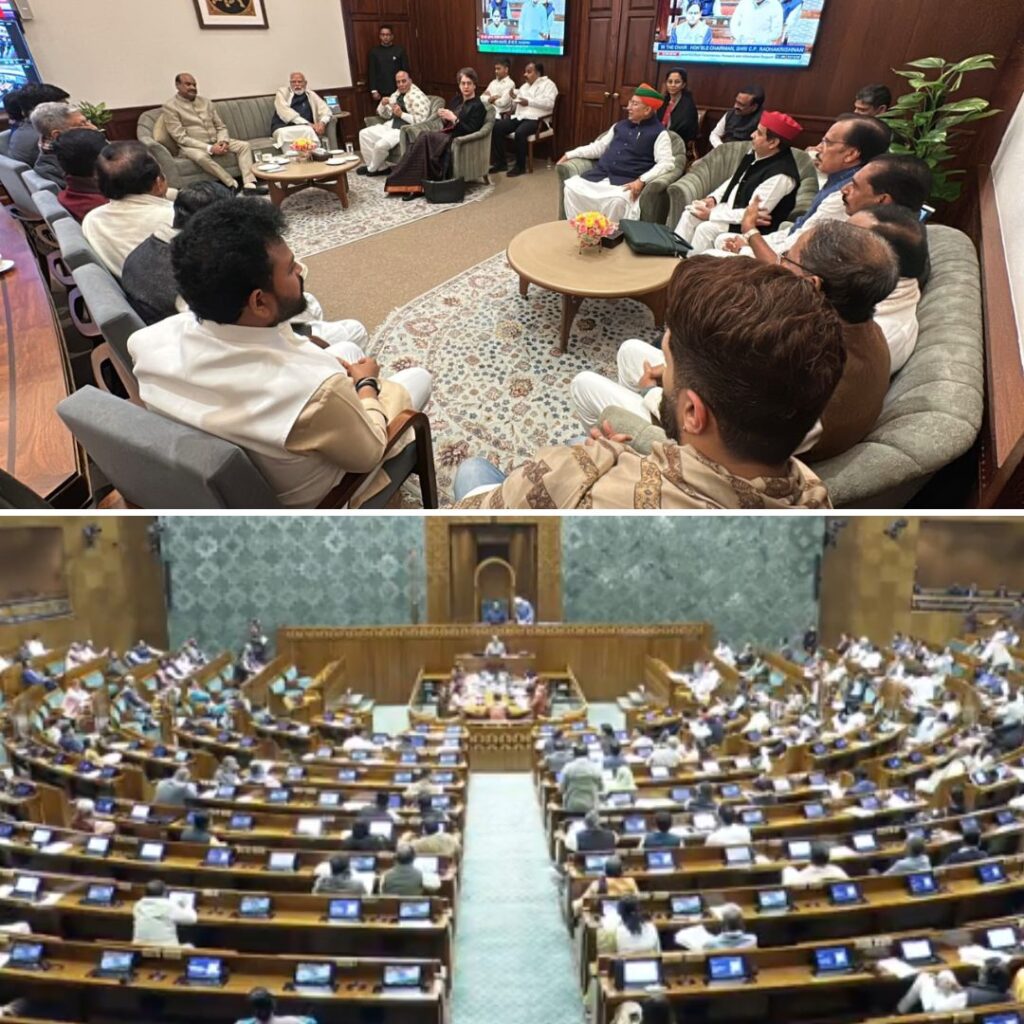The caste system has long polarised the electoral system and has been a decisive force in matters of education, family, politics and society. However, recent studies suggest that it permeates the corporate world and has a say in business decisions too.
In their study titled “ Firms of a Feather Merge Together: Cultural Proximity and Firms Outcome” faculty of the IIM Bangalore and Pomona College California studied a sample of over 1200 M&A (Mergers and Acquisitions) between 2000-2017 and revealed shocking preferences for same caste firms. The study says directors of businesses sharing similar caste identities enter into Mergers and Acquisitions together.
What are the findings of the study?
- Nearly 50% of Brahmin dominant acquirer firms sealed a deal with brahmin dominant target firms.
- Vaishyas recorded a higher 55% on merging with Vaishya dominant firms. Kshatriya and Shudra dominant firms follow the same pattern.
- Retained directors of the same dominant caste as that of the acquirer enjoy an average of 400$ increase in compensation post deal; a full double when compared to gains experienced by retained directors of different castes.
- Stock markets penalise caste-based firm associations; even the values generated by acquirer and target firms are significantly lower.
Jatis
The load of the “Jati” a sub cast within particular varna or rung of the caste system is evident in last names and marriage alliances. While it might provide a sense of comfort in starting a family, should it also influence business decisions?
On reading the full report, it becomes evident that these connections are conscious choices and not coincidences; Agarwals acquired Agarwal dominant firms and Maheshwaris predominantly acquired Maheshwari firms.
What about profits?
In Indian firms, such caste favoured deals have poor long-run performance, time-to-deal completion and takeover premiums.
“Our findings highlight that shared cultural identities of decision makers can negatively influence their investment decisions, leading to sub-optimal economic outcomes.” co-authors prof. Manaswini Bhalla and Manisha Goel told Forbes India.
The study indicates that such deals only enforce biases and provide monetary gains for those in the higher echelons of power.
Similar studies
Naga Lakshmi Damaraju and Anil K. Makhija published a research paper in April 2018, last year where they analysed the role of homophily or social proximity where individuals share race, gender or culture in CEO appointments. The article titled, “ The role of social proximity in professional CEO appointments: Evidence from caste/religion-based hiring of CEOs in India” garnered lesser popularity but provided insights into why corporates engage in such behaviour. The reason for this preference was revealed to be a strong sense of trust, better communication and coordination because the CEOs shared similarities with the company board.
The research also revealed that caste preferences lead to conformity and group-thinking; which might reduce the originality and productivity in the firm.
Also read: In Practice, How Does India’s Caste System Work In The 21st Century?












